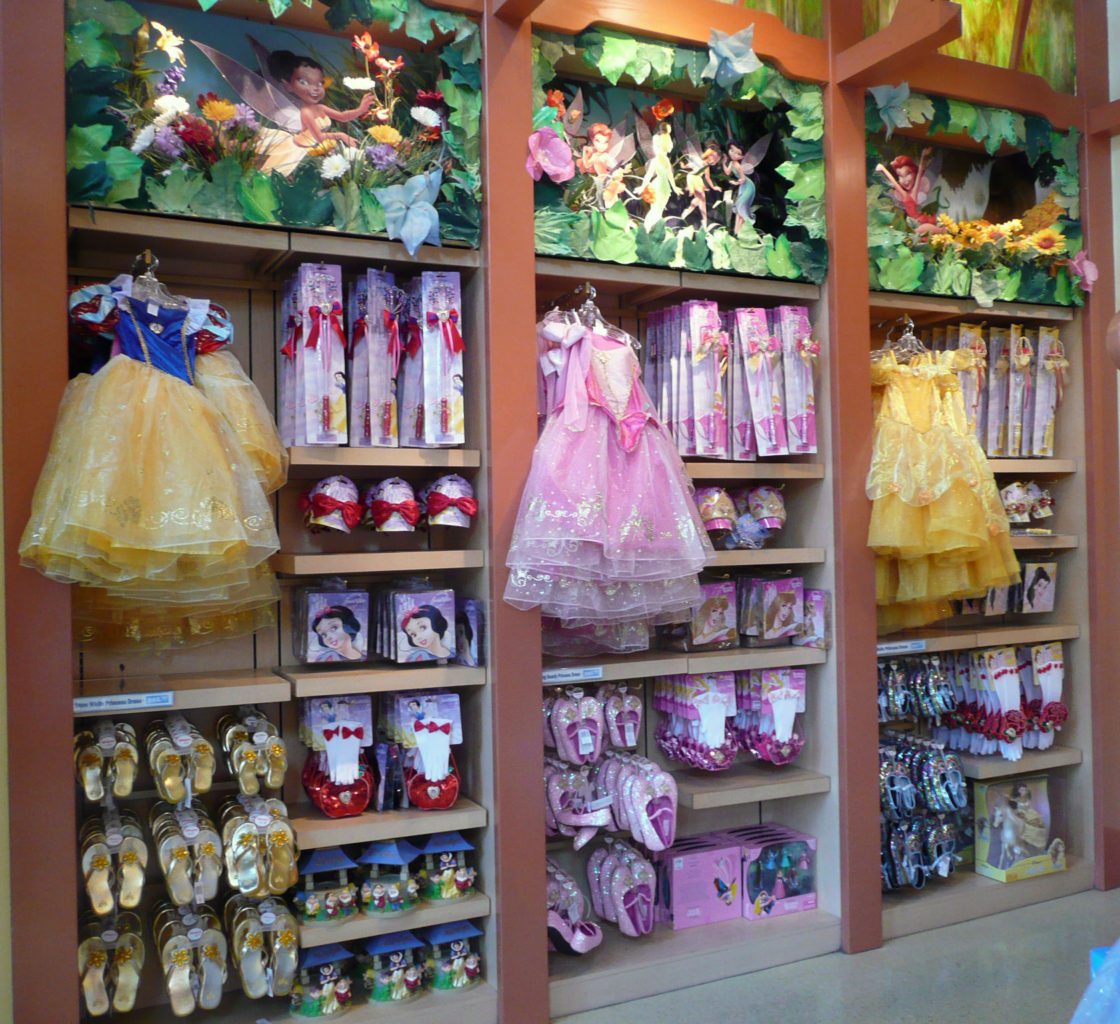Binary code, binary clothes
With everything from Emma Watson to Malala Yousafzai to Reeva Steenkamp monopolizing our TV screens and Facebook feeds, sexism is as relevant today as it was when Mary Wollstonecraft first put quill to parchment. In times like these, another article about gender is not only suitable, but entirely necessary.
Pretty much every crudely obvious gender stereotype can be observed by taking a visit to your local fancy dress store. Cast your minds back to Halloween, when costumes and the narrow-minded gender conventions they promote, were everywhere. For women, there are a huge variety of characters or inanimate object you can imitate with clothes, yet there is one consistent theme: sexy. In fact it’s a testament to the human imagination when you discover the range of costumes you can find which adhere to the idea that women must show as much skin as possible. It’s a wonder women don’t get prosecuted for indecent exposure. On the other side of the gender spectrum; men can be powerful and intimidating. Above all else, men’s Halloween costumes avoid anything typically considered to be feminine.
So what is so wrong about these costumes? The answer is nothing. There is nothing particularly harmful about a woman dressing provocatively if she wishes to, nor is there anything wrong with a man relishing his deluxe Superman costume with added chest muscle. What is wrong is that these costumes provide a narrow-minded perception of gender, and don’t offer any possibility of mobility.
Gender is socially constructed. Halloween costumes are essentially saying what society says: this is your gender, now conform. The problem is not with a girl dressing as a sexy mouse, but the pressure on her to dress in a certain way. As a sexy mouse, a sexy horse, a sexy Groucho Marx, women are told that the way they dress must conform to those ideals of femininity.
Gender is socially constructed. Halloween costumes are essentially saying what society says: this is your gender, now conform.
Equally, the idea that men have to make the narrow choice between overt masculinity, usually associated with violence (think gangster suits and toy guns) or dressing in drag is simply outdated and boring. The fact that when men dress up as women it is usually met with shrieking laughter shows us how far our culture has to go in accepting the link between men and femininity beyond a ridiculous, fancy dress context.
What about those people who are unsure of their gender, or don’t want to be confined to the gender binary? In all honesty, is any one of us actually sure of our gender until we’re buttoned up in pink from head to toe and thrust in the direction of the princess costumes? Or stuffed into superman outfits coming in shades of blue and red and repeatedly told we’re ladies men whenever we absently stare in the general direction of a girl. What is so worrying about Halloween costumes is that they are presented to us from such a young age: cowboys for boys, fairies for girls. The fact that these costumes are categorized in terms of gender is damaging for our society, and leads to misconceptions about gender that are entrenched in our minds from far too early an age.
The fact that these costumes are categorized in terms of gender is damaging for our society, and leads to misconceptions about gender that are entrenched in our minds from far too early an age.
Not only do these categories not allow mobility between genders, reinforce the gender binary, or allow options beyond stereotypes, they also lead to sexism. The idea that women must show as much skin as possible in order to be sexy, or find a decent Halloween costume, is presented to us in the media day after day. When a women is halfnaked and writhing on a TV screen in order to sell cola or perfume, it’s dehumanizing whatever way you look at it. Connecting women with products bolsters this idea that women are there to be consumed. Equally, why must women adapt to primarily male fantasies in order to present sensuality? On the flip side, the fact that men must live up to a masculine ideal which abhors any sign of weakness can be rigid and uncomfortable. How fragile is masculine power when it can be threatened by any sign of femininity? The obsession mainstream media has with boys pulling as much and as often as possible leads to the notion that sex is a game, men must ’get’ and women must ‘give up’. Sexism is prevalent when the idea of a boy who has not lost his virginity becomes laughable. This is most clearly seen in the case of Elliot Rodgers where, even after he massacred six people, was still presented flippantly in newspapers as a ‘sad virgin’.
This may seem a little far-fetched for a discussion about Halloween costumes which are, after all, for fun. Really though, these costumes say a lot about the way we perceive and interact with each other. More than costumes, it’s about how narrow-minded we are as humans when it comes to categorizing things. Gender is one of the major categories that we identify with, so why make it so constricting?

Comments